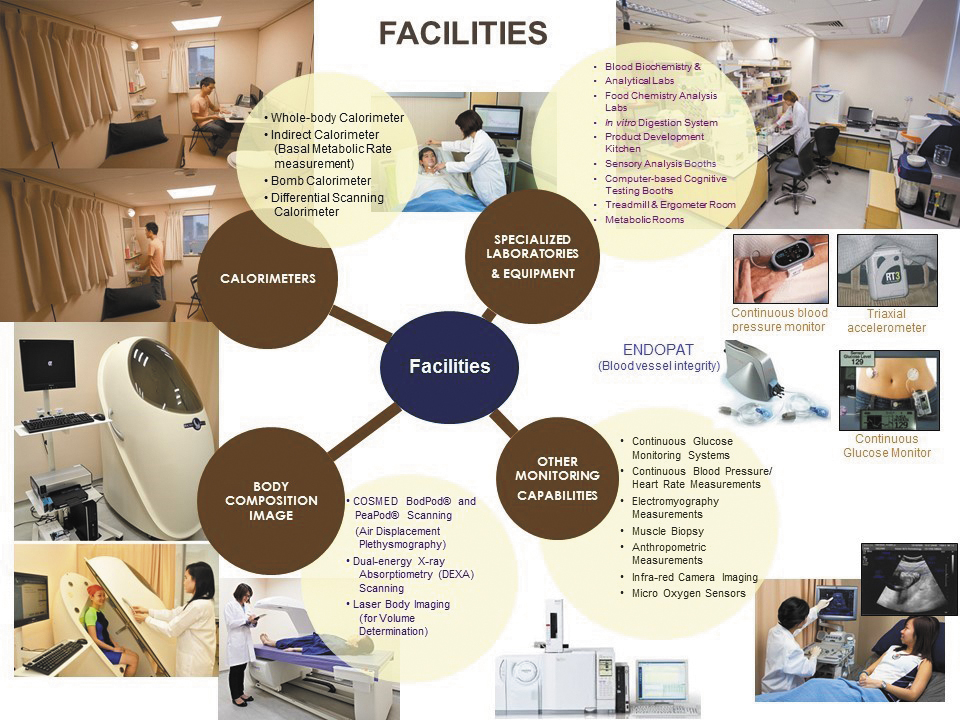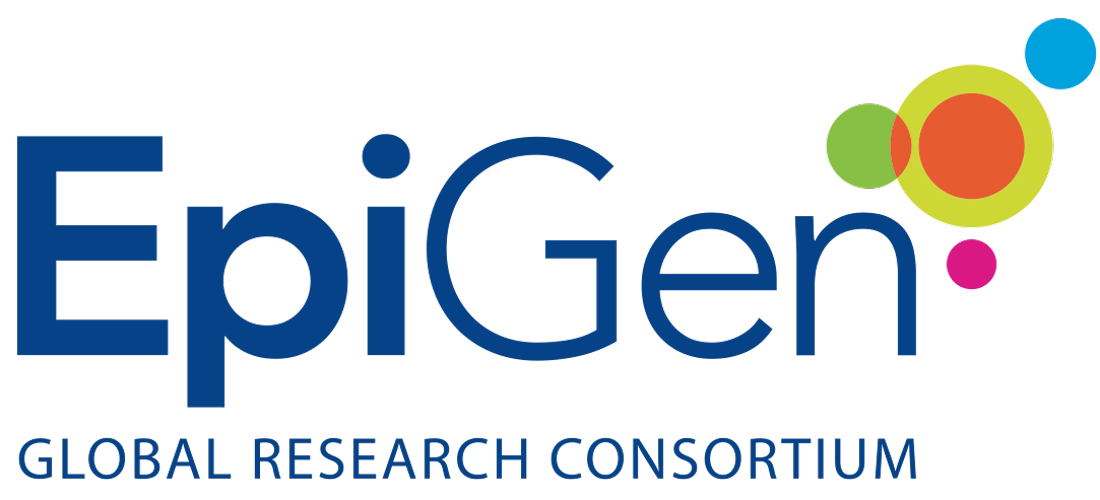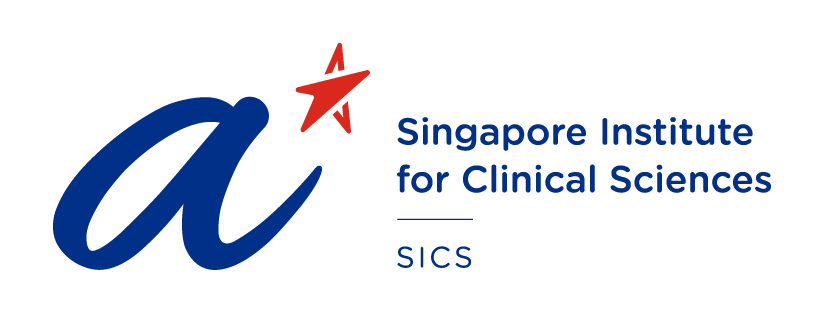About the Singapore Institute for Clinical Sciences (SICS)
Established in 2007, the Singapore Institute for Clinical Sciences (SICS) is a research institute within the Agency for Science, Technology and Research (A*STAR), and its mission is to develop disease-oriented clinical and translational research programmes in key disease areas.
SICS is distinguished by its focus on clinical sciences and the use of innovative approaches and technologies that enable the efficient and effective study of human health and diseases.
The clinical scientists in SICS conduct the full spectrum of “bench to bedside” research activities in metabolic diseases (including diabetes, obesity and insulin resistance), pathways to normal growth and development (including cognitive and behavioural development), nutritional sciences as well as in certain viral infectious diseases such as chronic viral diseases.
The institute aims to attract, train and nurture clinician-scientists and to develop joint programs with universities, academic medical centres, government hospitals and research institutes.
Clinical Nutrition Research Centre (CNRC), Singapore
https://www.a-star.edu.sg/cnrc
The Clinical Nutrition Research Centre (CNRC) is a joint initiative between the SICS, A*STAR and the National University Health System. The centre specialises in basic and translational human nutrition research involving studies across the life cycle. These include investigating the impact of macro- and micro- and extra- nutrient intake on human physiology, sensory properties, food behaviour and understanding the role of food structure on human nutrition and health.
The centre has three broad research themes:
1. Metabolic impact of food intake
• Food structure and physiological outcomes
• Glycaemia/glucose metabolism
• Lipid metabolism
• Brown adipose tissue activation
• Cardio-metabolic risk factors
• Food intake and satiety
2. Sensory and cognitive influences
• Cognitive influences on energy intake
• Food choice and selection
• Sensory perception
• Mastication/oral processing
• Texture cues to change the eating rate
3.Impact of food on body composition and metabolic health
• Partitioning of energy metabolism
• Changes in body composition after weight loss
• Impact of weight change on metabolism
• Insulin sensitivity after weight loss

Neurodevelopment Research Centre, Singapore
The Neurodevelopment Research Centre is a community health initiative and research platform of SICS and is housed at the KK Women & Children’s Hospital (KKH) in Singapore. The center is a hub for interdisciplinary research on brain development and mental health. Our close alliances with key neuroscience and health partners in Singapore include KKH, the Institute of Mental Health, Duke-NUS Graduate Medical School, National University Health System, National University of Singapore and Nanyang Technological University.
With an emphasis on evidence-based healthcare, we are actively involved in local and regional epidemiological studies that assess the molecular basis of environmental influences on brain development, psychological health and function. Some of these studies are incorporated within GUSTO, the largest longitudinal birth cohort study in South-East Asia, and we anticipate findings of social and biological significance for today’s Asian family.
As a platform to incorporate cognitive science in public health practice and propose suitable interventions, we partner with community-based programs such as REACH, a national childhood mental health programme, and the KKH Department of Child Development.
Through these initiatives, we also seek to understand the biological causes of childhood and adolescent challenges in learning, emotional health and behaviour.
Assessment capabilities
• Task-based behavioral observations
- Attention and imitation in newborns
- Focused attention
- Habituation
- Memory (relational binding tests)
- Mother-child interactions
• Eye tracking-based measures of cognition
• Electroencephalography (EEG) and event-related potentials (ERP) measurements
• Non-sedated neonatal, infant and child neuroimaging
• Non-sedated pediatric neuroimaging
• Heart rate monitoring
• Actigraphy (sleep and circadian rhythms)
• Social-emotional function (interaction models)
• Appetite, taste preferences and feeding behavior
• Questionnaire-based tests on topics including:
- Bayley scales of infant and toddler development
- Sleep and health
- Infant and child temperament
- Maternal emotional health
- Language development



